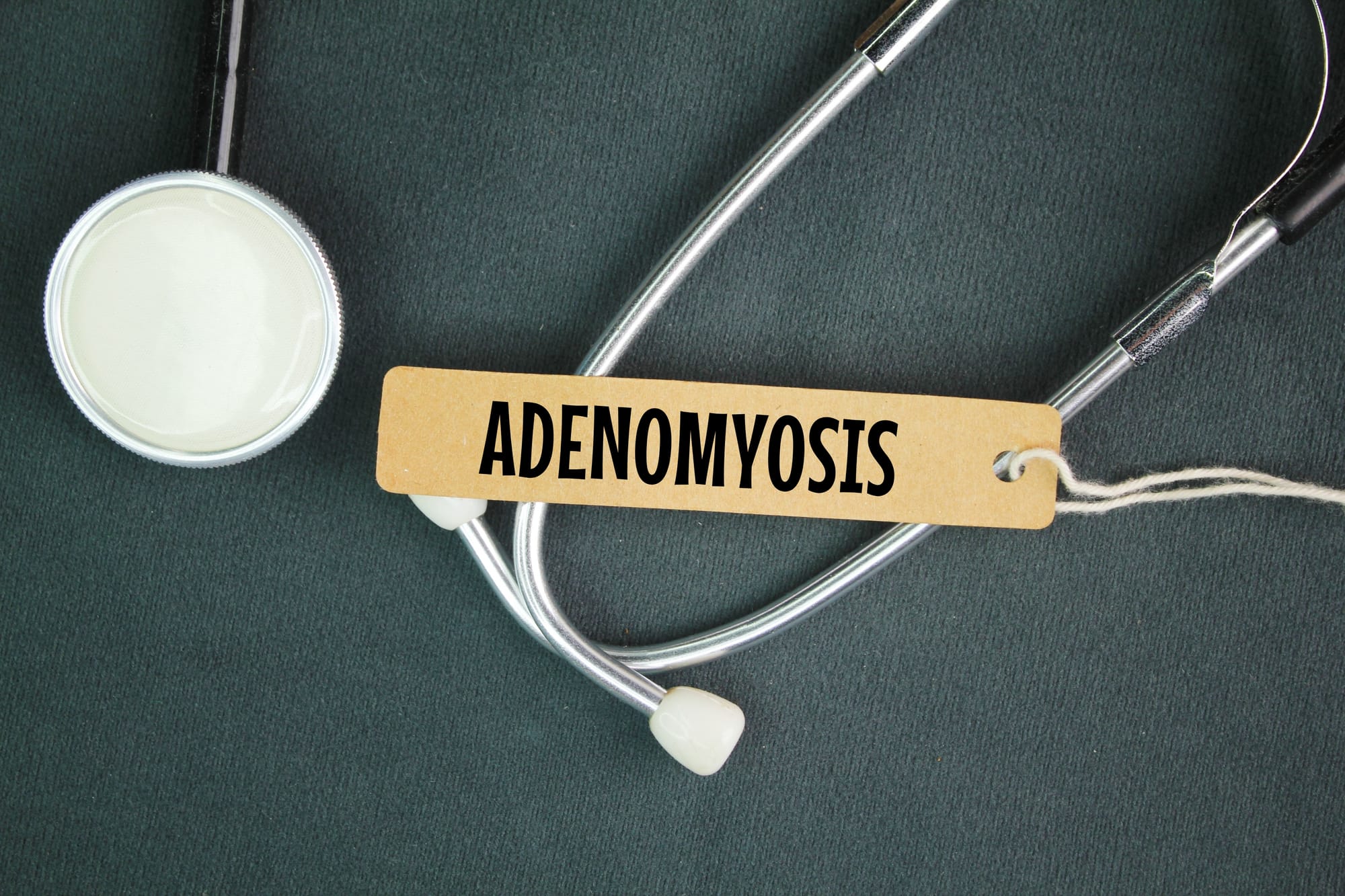Understanding Adenomyosis: What Every Woman Should Know

Adenomyosis is a condition that affects millions of women worldwide, yet it often goes undiagnosed for years. If you’ve been experiencing heavy, painful periods, pelvic discomfort, pain during intercourse, or unexplained infertility, adenomyosis may be part of the answer. In this article, we’ll break down what adenomyosis is, how it differs from and relates to endometriosis, and the treatment options available today. We’ll also highlight the expertise of Mr Tony Chalhoub, a consultant gynaecologist based in London and a world leader in advanced robotic surgery.
What is Adenomyosis?
Adenomyosis occurs when the lining of the womb (the endometrium) grows into the muscular wall of the uterus (the myometrium). This misplaced tissue continues to act like normal endometrium—thickening, breaking down, and bleeding during each menstrual cycle. However, because it is trapped within the muscle, it can lead to:
- Heavy menstrual bleeding
- Severe period pain (dysmenorrhoea)
- Pelvic pain or pressure
- Bloating and tenderness
- Pain during intercourse (dyspareunia)
- Fertility issues
While adenomyosis was once thought to only affect women in their 40s and 50s, modern imaging has revealed that it can occur in younger women as well, often overlapping with other gynaecological conditions.
Adenomyosis and Endometriosis: How Are They Linked?
Adenomyosis and endometriosis are closely related conditions, both involving endometrial-like tissue growing outside its usual place:
- Endometriosis: Endometrial tissue grows outside the womb, such as on the ovaries, fallopian tubes, the surface of the womb, bowel, bladder, and diaphragm...etc
- Adenomyosis: Endometrial tissue grows within the muscle wall of the womb.
Many women have both conditions at the same time, which can worsen pain and complicate fertility. Diagnosis can be challenging because symptoms often overlap.
How is Adenomyosis Diagnosed?
Traditionally, adenomyosis was only confirmed after a hysterectomy (surgical removal of the womb). Today, non-invasive imaging makes diagnosis much easier.
- Ultrasound: Can identify signs of adenomyosis, such as a bulky uterus or changes in the muscle wall.
- MRI scan: Offers more precise imaging, especially for complex cases or when adenomyosis co-exists with fibroids or endometriosis.
A detailed history and pelvic examination by a gynaecologist remain crucial.
Treatment Options for Adenomyosis
The right treatment depends on your symptoms, age, and fertility goals. Options include:
1. Medication
- Pain relief with anti-inflammatory drugs
- Hormonal treatments, such as the contraceptive pill, progesterone, or the Mirena intrauterine system (IUS), which can help reduce heavy bleeding and pain
2. Minimally Invasive Procedures
- Uterine artery embolisation (UAE): Cuts off the blood supply to the adenomyotic tissue, reducing symptoms.
3. Surgical Options
- Conservative surgery: Selective excision of adenomyosis (when it is focal) can sometimes preserve the womb and fertility.
- Hysterectomy: The only definitive cure for adenomyosis.
Robotic Surgery and Specialist Care in London
For complex cases, advanced surgical techniques are transforming outcomes for women with adenomyosis and endometriosis. Mr Tony Chalhoub, consultant gynaecologist and world leader in robotic surgery, is at the forefront of this field. Based in London, he specialises in minimally invasive procedures that:
- Reduce pain and blood loss
- Minimise scarring
- Shorten recovery time
- Preserve fertility where possible
His expertise attracts women from around the world seeking innovative and patient-centred care for adenomyosis, endometriosis, and other complex gynaecological conditions.
Living with Adenomyosis
Being diagnosed with adenomyosis can feel overwhelming, but with the right support and treatment plan, many women find significant relief from symptoms and improve their quality of life. Early recognition and expert management are key—especially if fertility is a concern. If you suspect you may have adenomyosis or have been struggling with painful, heavy periods, consulting a specialist can make all the difference.
If you would like to learn more about adenomyosis, endometriosis, or advanced surgical options, you can book a private consultation with Mr Tony Chalhoub in London.
What Can Be Done?
We offer:
- Comprehensive fertility assessments
- Ultrasound and hormone testing
- Tailored treatment plans
- Expert care for complex cases, including endometriosis, adenomyosis, and fibroids
You Know Your Body Best. Let’s Talk.
If something doesn’t feel right, trust your instincts. Mr. Chalhoub specialises in helping women who feel stuck or dismissed elsewhere.